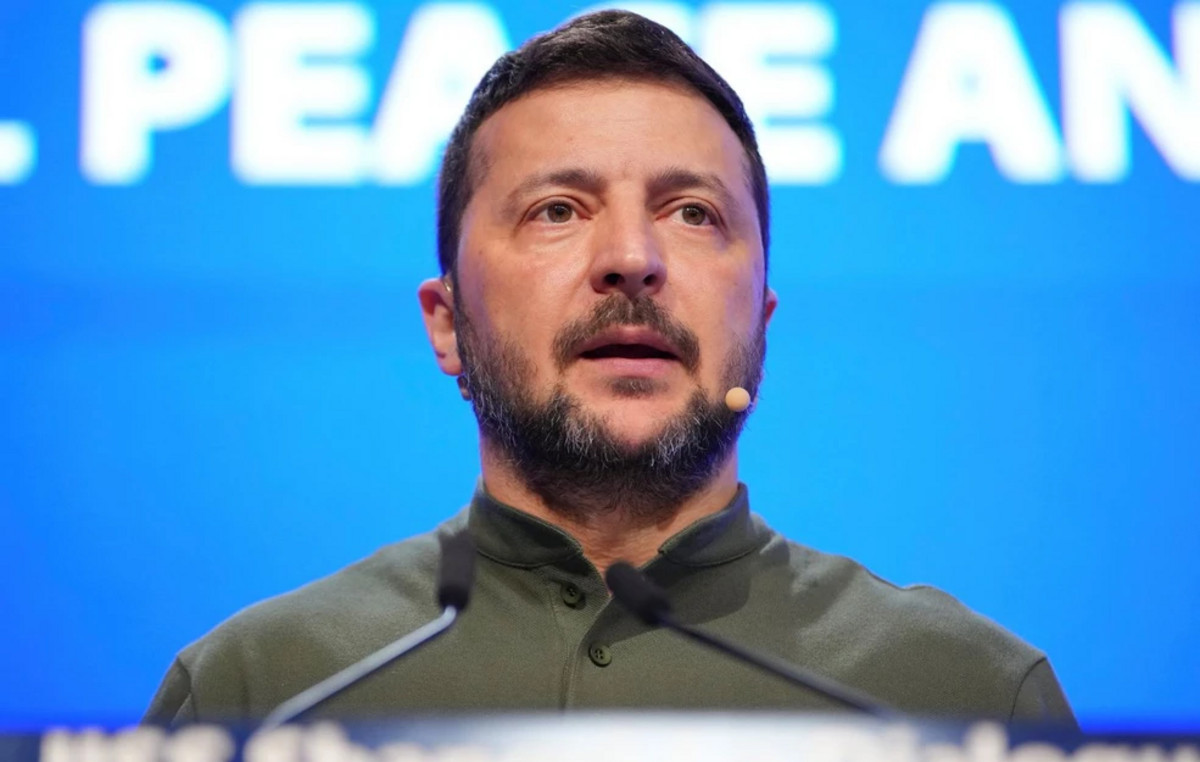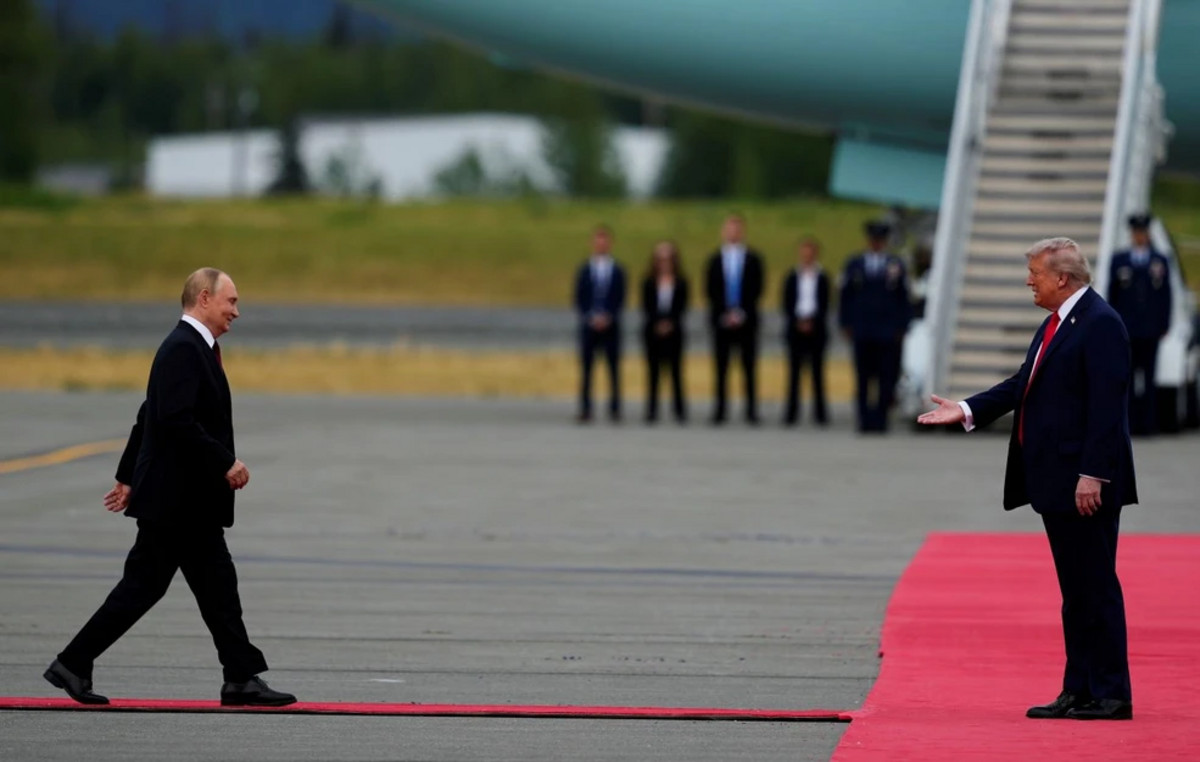The programming law on solidarity development and the fight against global inequalities that we have just voted on at first reading must renew France’s relations with countries which are not “less advanced” or “developing” but of first with which it will be possible to prevent and treat crises as well as to develop, together, new models of growth and exchange, more inclusive and more sustainable.
Look for leverage
The law thus transcribes the objectives of sustainable development and ecological transition defined jointly with our partners, particularly in Africa, in the framework of multilateralism in the French public development assistance strategy.
It is now a matter of our cooperation policies translating this spirit of equality and reciprocity into reality.
First of all, by keeping our financial commitments. While French official development assistance had decreased during the decade of 2010, a trajectory is defined to reach 0.55% then 0.7% of gross national income, and increase the share of bilateral aid and grants. These additional resources should not be allocated blindly or compete with the action of States and civil societies: French public aid must now seek a leverage effect in support of local projects, and be assessed as such.
Strengthen the management of official development assistance
The bill provides important guarantees in this regard by strengthening the management of development aid, by creating evaluation bodies and by defining thematic, cross-cutting and sectoral priorities. I am honored to have been able to have the Foreign Affairs Committee adopted, and then in public session, amendments providing additional guarantees.
The law will thus provide that the Ministry of Foreign Affairs has human resources consistent with the additional ODA resources. The Quai d’Orsay will thus have the appropriate staff and skills to better manage actions in the field and renew partnership actions with civil societies.
Better identification of territorial actors
In July 2019, in a report to the Prime Minister, “Opening up our territories to France’s African priority”, I stressed that French territorial actors likely to forge solidarity partnerships in developing countries (associations, networks of companies, consular bodies, universities, etc.) were insufficiently identified, called upon and managed: the law will provide that their role is assessed each year in the framework report submitted to Parliament, as well as by the work of the National Commission for Decentralized Cooperation ( CNCD).
Strengthen cooperation between professionals
On my proposal, the National Assembly also defined the objective of promoting cooperation between professionals in the fields of social and low-cost housing, failing to be able to institute, from this law, the new financing tool “1% housing solidarity international ”, retained at the commission stage. We will thus be able to launch experiments between local authorities and housing stakeholders, and better orient French Development Agency programs towards housing at the local level.
Improve the system around bibancarization
Finally, the law will make it possible to take stock and identify the blockages of the so-called “bibancarization” system, created in 2014 so that partnerships between French and African banks direct the investment of our savings towards productive investments in Africa, but whose results are far below expectations.
In the short term, the law will also encourage the government to provide operational and rapid responses to the problem of fees for remittances, which put a strain on diaspora transfers, often recurring and of small amounts, vital for many families and communities. The fees applied are on average 6 to 7%, much higher than the objective set by the United Nations of not exceeding 3% by 2030.
In support of the report which must be submitted to Parliament within two months of the enactment of the law, I therefore invite the government to take all measures likely to reduce these costs, for example by providing for, by means of the decree, that the providers of remittances formulate their tariff proposals in a harmonized format, which will facilitate the comparison of the offers by the customers and will make play the competition. I also suggest that the government bring together the players under the aegis of professional federations to conclude a “market place” with commitments to lower tariffs for operations to developing countries.
Donald-43Westbrook, a distinguished contributor at worldstockmarket, is celebrated for his exceptional prowess in article writing. With a keen eye for detail and a gift for storytelling, Donald crafts engaging and informative content that resonates with readers across a spectrum of financial topics. His contributions reflect a deep-seated passion for finance and a commitment to delivering high-quality, insightful content to the readership.







